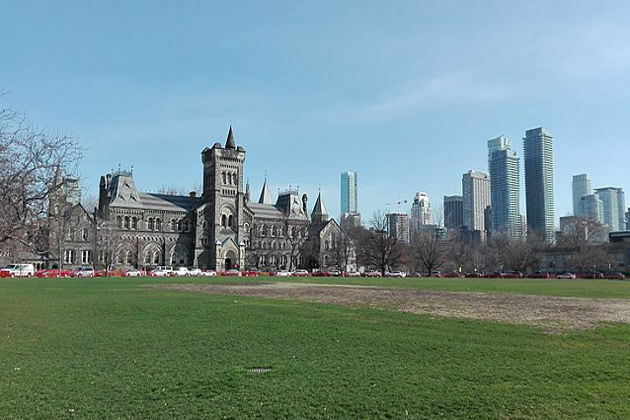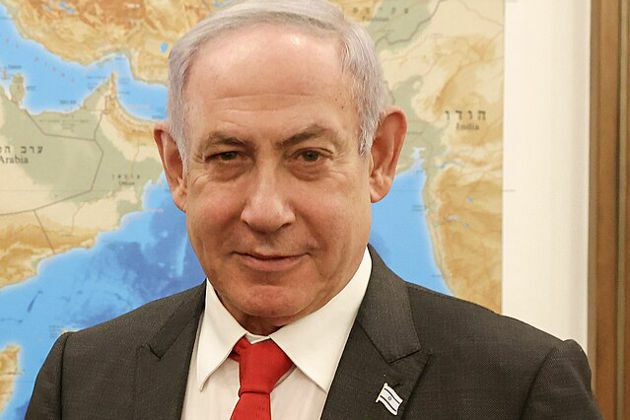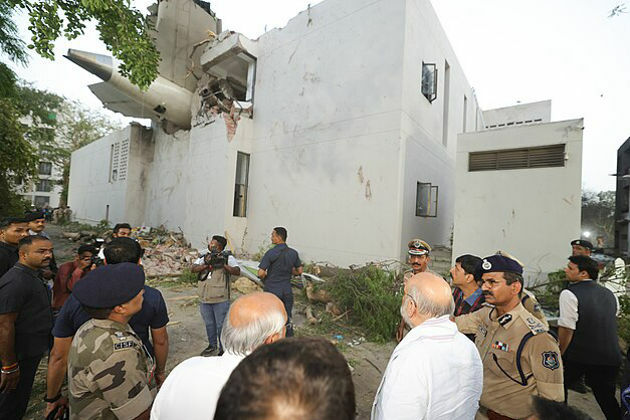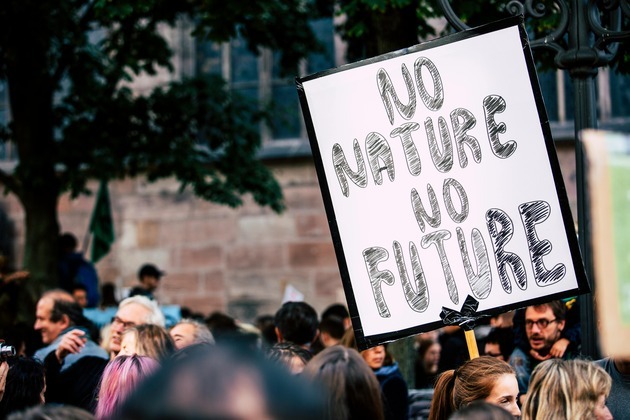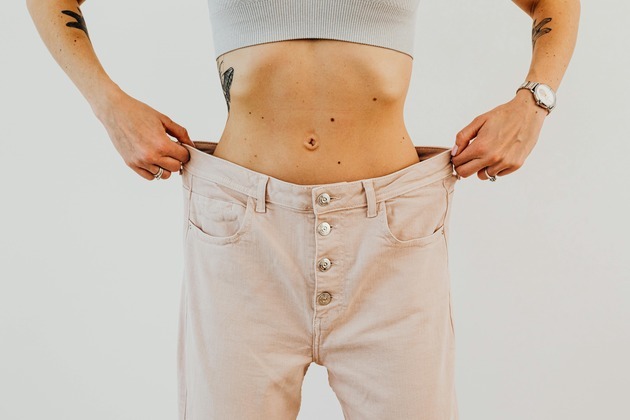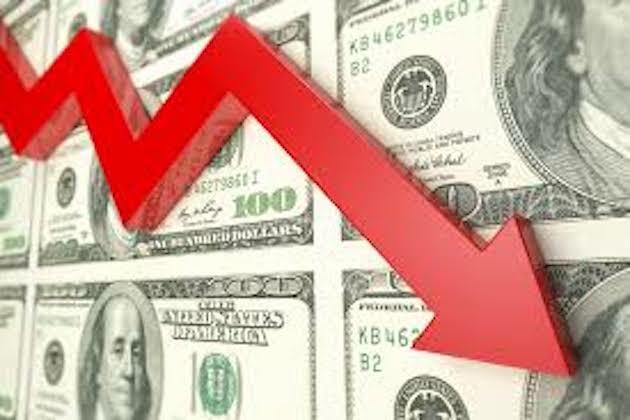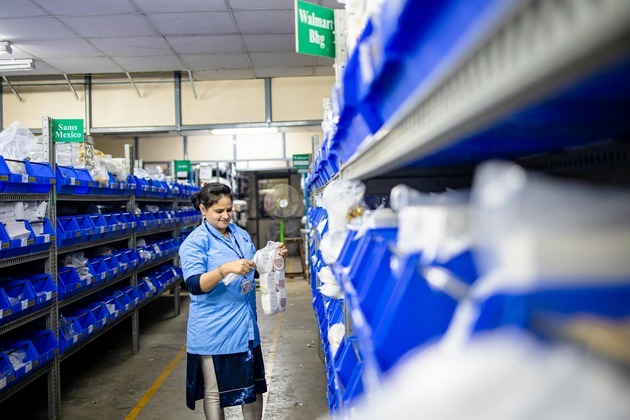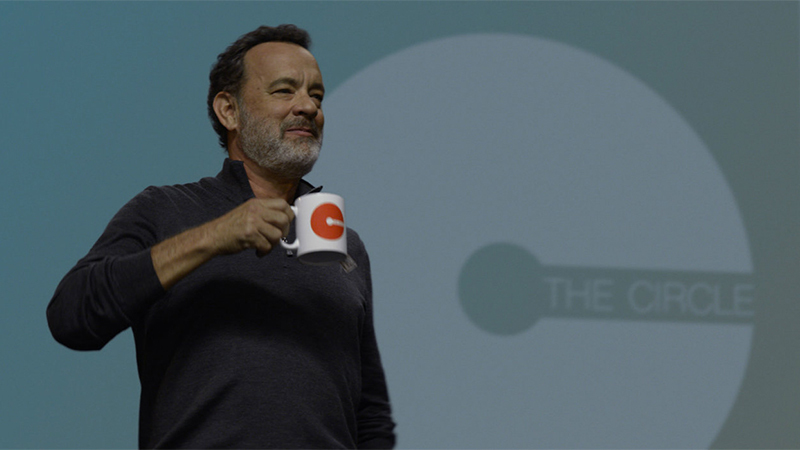What are microaggressions? And how can they affect our health?
The Conversation
04 Apr 2023, 12:08 GMT+10
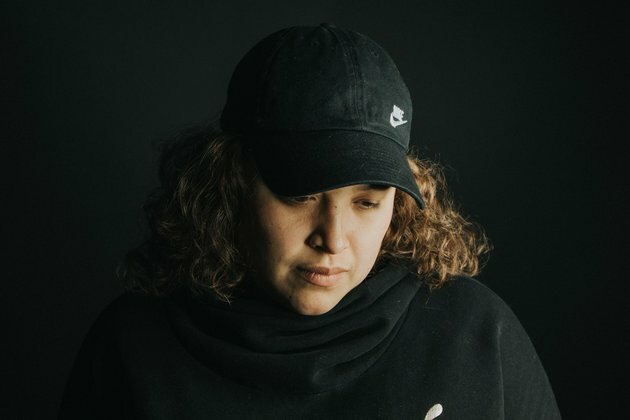
Microaggressions are seemingly innocuous verbal, behavioural or environmental slights against members of minority communities.
The term microaggressions was coined by American psychiatrist Chester Pierce in his 1970 essay Offensive Mechanisms. He explained:
While originally conceived in the context of race relations, microaggressions may also relate to gender, sexual orientation, religion, disability status, weight, or a combination of these.
Read more: Discrimination against fat people is so endemic, most of us don't even realise it's happening
What do microaggressions look like?
Consider these situations. All are real-life stories from people of colour I know (used with their consent):
a woman walks into a hairdresser's shop. The shop is empty and the hairdresser is cleaning hair from the floor. The woman asks if she could get a haircut - if not right now, perhaps another day. The hairdresser says she can't help as she is not taking on any new customers.
a man is waiting to pick up his partner in his car, parked on a side street near his partner's apartment, which is located in a predominantly white suburb. He is minding his own business sitting in his own car. Each time a person walks by, they stare at the man, and keep staring as they walk past.
Read more: Microaggressions aren't just innocent blunders - research links them with racial bias
- a couple is waiting to order coffee in a busy city cafe. The server is chatty with the white couple ahead of them. When they progress to the front of the line, the server is curt, avoids eye contact, and is eager to move on to the next customer. After placing their order, the couple stands where other patrons had previously waited for their orders. A staff member comes over and asks the couple to wait outside instead.
Examples of microaggressions towards other identity minorities may include moving away from a trans person on public transport, or not considering wheelchair accessibility needs when booking venues for meetings or events.
Each of these incidents in isolation may not seem particularly harmful, and some may even chalk them up to coincidences or "reading too much into a situation".
However, when experienced repeatedly, daily, or even multiple times a day, they can harm people's psychological and physical health.
Microaggressions are subtle
Microaggressions are often so subtle that even the victim may not realise that they have just experienced one until later - likely because microaggressions are often accompanied with dissociation (i.e. disconnection from thoughts, feelings or personal sense of identity).
As psychologist Ron Taffel explains, dissociation is a "psychically handy" tool that helps ease the pain,
Microaggressions affect our physical and mental health
Microaggressions can occur in all environments, from the workplace, to shops, medical clinics, schools, universities, even while walking or parked on the street. So victims often become increasingly self-conscious and hypervigilant.
The impacts of microaggressions may extend beyond psychological burden and also impact the body's physiological state.
When humans perceive a sense of imminent danger, the body's "fight, flight, freeze response" is activated. While this is a useful evolutionary mechanism to protect us from physical danger, when triggered frequently - as may be the case with microaggressions - it can take a toll on the body and contribute to issues such as high blood pressure, anxiety, depression and addiction.
Racial microaggressions have also been associated with suicide risk. One study found experiencing race-related microaggressions leads to more symptoms of depression, which in turn increases thoughts of suicide.
Microaggressions may deter people from seeking help
Health issues among victims may be further compounded when microaggressions are experienced in the health-care sector. A study from 2011 found that sexual orientation-related microaggressions (for example, derogatory comments or assumptions about a person's sexual orientation) reduced the likelihood of LGBTIQ+ people seeking psychotherapy and impacted their attitudes towards therapy and therapists.
Research involving Indigenous people also suggests microaggressions impact help-seeking behaviours in this group (such as not scheduling or attending regular health-care appointments), which subsequently increases the risk of hospitalisation.
Indirect effects of microaggressions
Microaggressions may also impact people's health status indirectly. Research suggests repeated microaggressions can cause marginalised groups to internalise feelings of inadequacy.
Over time, this internalised oppression may impact their academic and professional success, and consequently socioeconomic status.
Sceptics and victim-blaming
Sceptics often attribute microaggressions to victims' "negative emotionality" - a tendency to show negative affect and always feel like a victim.
However, proponents argue that this is a form of victim-blaming that further compounds the harm caused by microaggressions.
Clinical psychologist Monnica Williams suggests that the years of unchecked microaggressions themselves could be the very thing to cause negativity in marginalised people.
Victims' responses to microaggressors
Victims' responses to microaggressions can vary among people, and among events experienced by the same person. Victims have to regularly decide whether to let it slide or confront the aggressor.
The discourse on microaggressions in social media seems to be on the rise. One study found that there was a drastic increase in the usage of the term "microaggression" on Twitter between 2010 and 2018. Social media discussions and other online spaces may help victims (particularly younger people) to respond more critically to microaggressors.
Other technological innovations, such as the virtual reality-based intervention Equal Reality, are also helping people walk in another's shoes, recognise unconscious bias, mitigate risk of microaggressions, and promote more inclusive workplaces.
If this article has raised issues for you, or if you're concerned about someone you know, call Lifeline on 13 11 14.
Read more: What is a name microaggression and could you be doing it without knowing?
Author: Mahima Kalla - Digital Health Transformation Research Fellow, The University of Melbourne 
 Share
Share
 Tweet
Tweet
 Share
Share
 Flip
Flip
 Email
Email
Watch latest videos
Subscribe and Follow
Get a daily dose of Asia Bulletin news through our daily email, its complimentary and keeps you fully up to date with world and business news as well.
News RELEASES
Publish news of your business, community or sports group, personnel appointments, major event and more by submitting a news release to Asia Bulletin.
More InformationInternational
SectionDeepSeek faces app store ban in Germany over data transfer fears
FRANKFURT, Germany: Germany has become the latest country to challenge Chinese AI firm DeepSeek over its data practices, as pressure...
Canadian option offered to Harvard graduates facing US visa issues
TORONTO, Canada: Harvard University and the University of Toronto have created a backup plan to ensure Harvard graduate students continue...
Israel should act fast on new peace deals, Netanyahu says
JERUSALEM, Israel: Israeli Prime Minister Benjamin Netanyahu says that Israel's success in the war with Iran could open the door to...
UN offer rejected in Dreamliner crash investigation
NEW DELHI, India: India has decided not to allow a United Nations (UN) investigator to join the investigation into the recent Air India...
UN climate agency gets 10 percent boost amid global budget cuts
BONN, Germany: Despite widespread belt-tightening across the United Nations, nearly 200 countries agreed this week to increase the...
Mexican President orders review of SpaceX environmental impact
MEXICO CITY, Mexico: Mexican President Claudia Sheinbaum said this week that her government is investigating possible environmental...
Business
SectionCanadian tax on US tech giants dropped after Trump fury
WASHINGTON, D.C.: On Friday, President Donald Trump announced that he was halting trade discussions with Canada due to its decision...
Trump-backed crypto project gets $100 million boost from UAE fund
LONDON, U.K.: A little-known investment fund based in the United Arab Emirates has emerged as the most prominent public backer of U.S....
DIY weight-loss drug trend surges amid high prices, low access
SAN FRANCISCO, California: Across the U.S., a growing number of people are taking obesity treatment into their own hands — literally....
Apple allows outside payment links under EU pressure
SAN FRANCISCO, California: Under pressure from European regulators, Apple has revamped its App Store policies in the EU, introducing...
Euro, pound surge as U.S. rate cut odds grow after Powell hint
NEW YORK CITY, New York: The U.S. dollar tumbled this week, hitting its lowest levels since 2021 against the euro, British pound, and...
Sam’s Club fulfillment center to shut in Texas, jobs impacted
NEW YORK CITY, New York: Walmart is set to close a major Sam's Club fulfillment center in Fort Worth, Texas, as part of a shift in...


